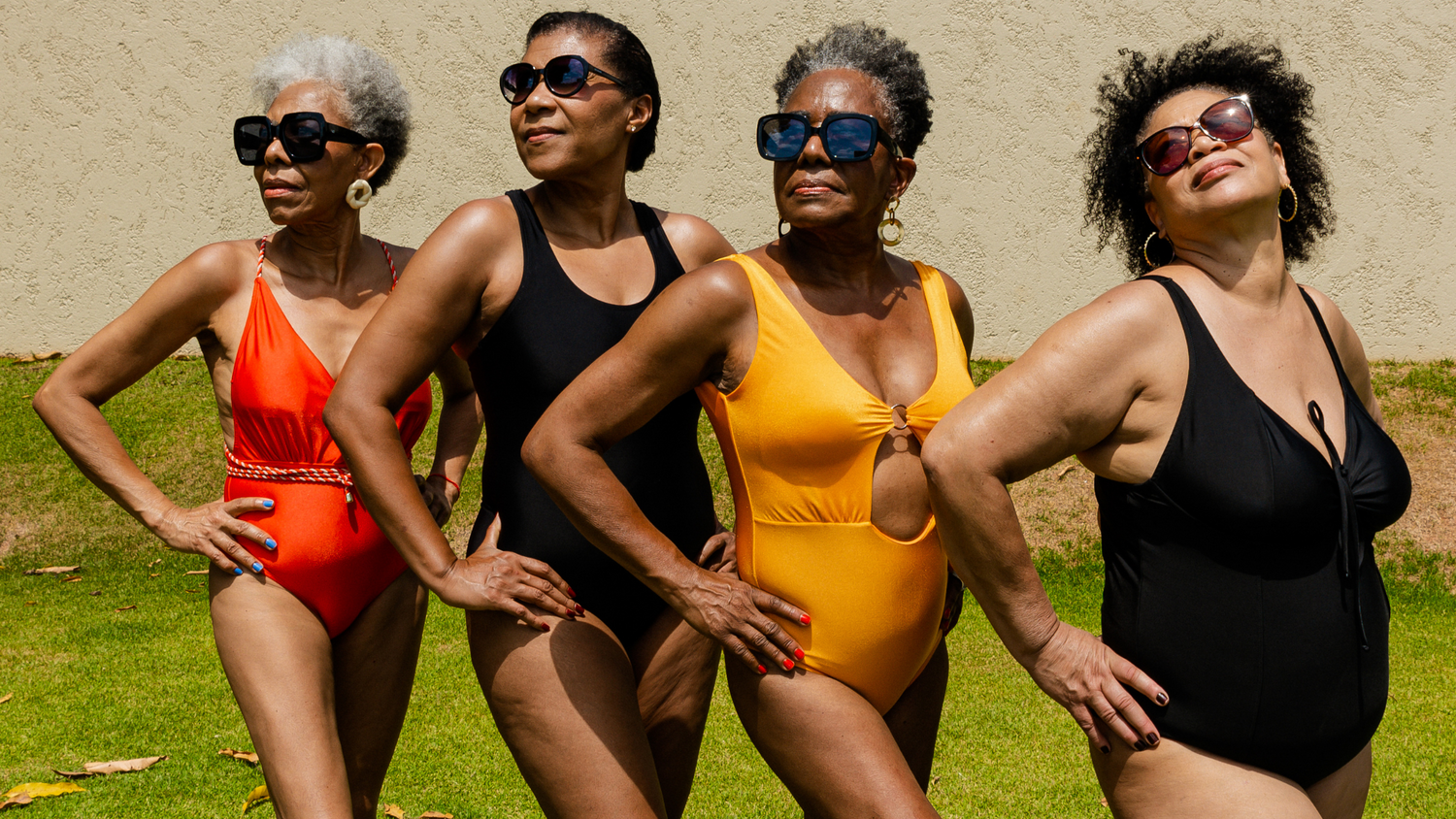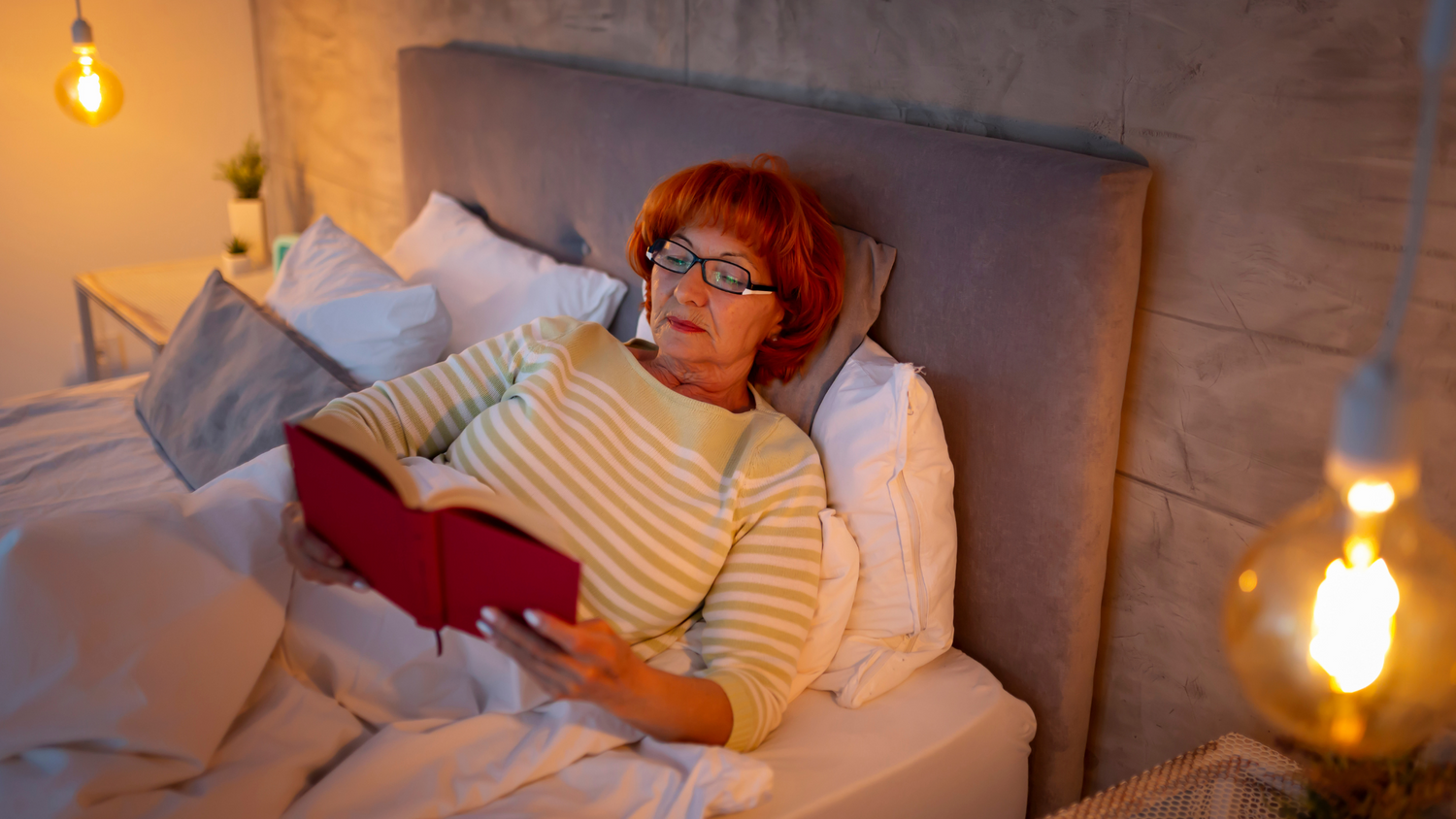If you’ve been feeling more exhausted than usual, struggling to get through your day without reaching for another cup of coffee, or wondering why you suddenly have less stamina than before—you’re not alone.
One of the biggest (yet least talked about) symptoms of menopause is fatigue. It’s not just about feeling a little tired—it’s the kind of exhaustion that makes everyday tasks feel overwhelming. And the frustrating part? You’re doing everything “right” and still feeling drained.
The good news? There are ways to restore your energy and feel like yourself again. Let’s dive into why menopause affects energy levels and, more importantly, what you can do about it.
Why Does Menopause Make You So Tired?
Menopause is a time of major hormonal shifts, and those changes impact almost every system in your body—including the way you produce and sustain energy.
Here’s what’s happening behind the scenes:
🔻 Estrogen Drops = Less Cellular Energy
Estrogen plays a key role in mitochondrial function (aka the tiny powerhouses in your cells that create energy). When estrogen levels decline, energy production slows down, leaving you feeling more sluggish than usual.
🔻 Cortisol Increases = More Stress, Less Stamina
Menopause can trigger an imbalance in cortisol, the stress hormone. Higher cortisol levels can lead to fatigue, brain fog, and even trouble sleeping, making it harder to feel refreshed during the day.
🔻 Blood Sugar Swings = Energy Crashes
Hormonal changes can also make it harder for your body to regulate blood sugar levels, leading to those dreaded afternoon crashes where you feel like you could nap at your desk.
🔻 Sleep Disruptions = Chronic Exhaustion
Hot flashes, night sweats, and insomnia can all make it nearly impossible to get restorative sleep—which, as you know, makes a huge difference in how you feel the next day.
But here’s the empowering part: Small, intentional changes to your daily routine can help restore energy, support your body, and keep you feeling strong.
How to Combat Menopausal Fatigue: Small but Powerful Changes
You don’t have to overhaul your entire lifestyle to feel better. Energy is built through small, consistent habits—and these are the ones that matter most.
1. Hydrate Like It’s Your Job
Why it works: Dehydration worsens fatigue, brain fog, and sluggish digestion. And with estrogen declining, your body naturally retains less water than before, making hydration even more essential.
💡 Try this:
✔ Start your morning with a glass of water before coffee.
✔ Add electrolytes (especially if you’re sweating a lot at night).
✔ Set reminders to sip water throughout the day.
2. Move Your Body (But Keep It Gentle)
Why it works: Extreme workouts can actually raise cortisol levels, making fatigue worse. But gentle movement (like walking, yoga, or stretching) can increase circulation, boost mood, and improve stamina over time.
💡 Try this:
✔ Swap high-intensity workouts for lower-impact activities like Pilates or swimming.
✔ Take a 10-minute walk after meals to support digestion and energy levels.
✔ Incorporate stretching before bed to help with relaxation and sleep quality.
3. Fuel with Balanced, Blood Sugar-Friendly Meals
Why it works: Menopause can cause blood sugar instability, leading to energy crashes. The key is to balance proteins, healthy fats, and fiber to keep energy steady.
💡 Try this:
✔ Prioritize protein at breakfast (like eggs, Greek yogurt, or a smoothie).
✔ Add healthy fats (avocado, nuts, olive oil) to meals for long-lasting energy.
✔ Limit refined sugars and processed carbs that spike and crash blood sugar.
4. Support Your Sleep (Because It’s Everything)
Why it works: Sleep is when your body recharges, repairs, and resets hormones. Without it, fatigue is inevitable.
💡 Try this:
✔ Create a bedtime routine (dim the lights, reduce screen time, and wind down).
✔ Keep your bedroom cool to prevent night sweats from disrupting sleep.
✔ Try magnesium or herbal teas to support relaxation.
5. Reframe Your Mindset: Your Energy Isn’t Gone—It’s Changing
Why it works: Confidence and energy aren’t just about physical habits—they start with the way you talk to yourself. If you constantly tell yourself you’re exhausted, your body will follow suit.
💡 Try this:
✔ Instead of saying “I have no energy”, try “My energy is shifting, and I’m learning how to support it.”
✔ Instead of fighting fatigue, try working with your body—give yourself permission to rest, but also honor movement and nourishment as forms of self-care.
Menopause Is a New Chapter—Not the End of Energy
Your energy levels aren’t gone—they’re just evolving. The key is listening to your body, supporting it with the right habits, and making small but impactful changes that fuel you from the inside out.
With the right tools—hydration, movement, balanced meals, and rest—you can regain your vitality and step into this chapter feeling strong, empowered, and energized.
👉 Join the conversation: What small change are you making to support your energy today?





